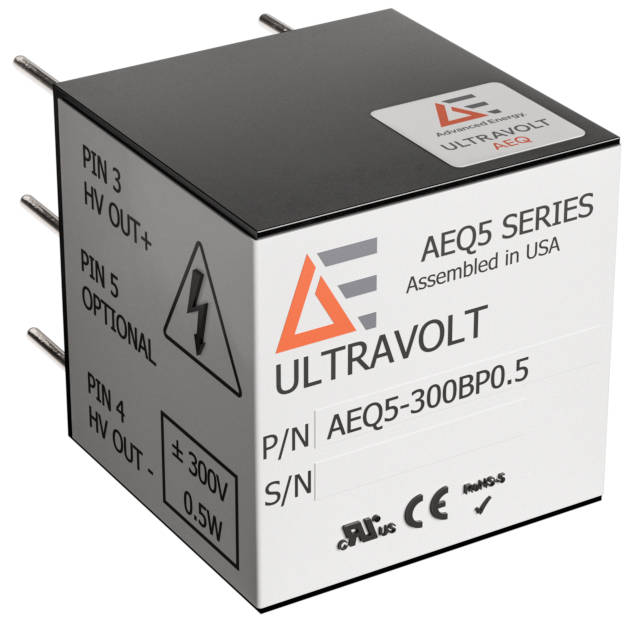
Espressif Systems has unveiled its newest SoC, ESP32-P4, which is powered by a dual-core RISC-V CPU with an AI instructions extension, an advanced memory subsystem, and integrated high-speed peripherals. ESP32-P4 is designed to meet the needs of high-performance applications that require strong security, as well as the next generation of embedded applications that will require robust support for Human-Machine Interfaces, efficient edge computing, and increased IO-connectivity.
ESP32-P4 is designed to support ultra-low-power applications which may occasionally require high computing, by integrating a dual-core RISC-V CPU running up to 400MHz, single-precision FPU and AI extensions, and an LP-Core which can run up to 40MHz. This provides all the necessary computational resources while allowing the HP cores to be kept down for most of the time, thus saving power.
The ESP32-P4 HP core system features 768KB of on-chip SRAM, which can be used as a cache when external PSRAM is available, as well as 8KB of zero-wait TCM RAM for fast data buffers or time-critical sections of code. This powerful memory system, combined with support for external PSRAM and Flash, ensures that memory-access latency and available memory size are not restricted.
ESP32-P4 has strong security at its core, with features such as Secure Boot, Flash Encryption, cryptographic accelerators, TRNG, and more providing all the necessary components for keeping the device secure and trusted. The Digital Signature Peripheral and a dedicated Key Management Unit ensure that private keys are generated on the SoC itself and are not exposed in plain text or vulnerable to physical attacks. Additionally, the SoC supports hardware access protection, allowing for Access Permission Management and Privilege Separation.
ESP32-P4 is the ideal SoC for any HMI-based application, as it includes support for MIPI-CSI with integrated ISP and MIPI-DSI, allowing for the integration of a high-resolution camera and a display interface. Additionally, it has a parallel display and camera interface, capacitive touch inputs, and speech recognition features for enhanced compatibility. In addition, ESP32-P4 incorporates specialized hardware accelerators for multiple media-encoding and compression protocols, such as H.264 encoding, for image and video streaming. It also features a built-in Pixel Processing Accelerator (PPA) that is ideal for GUI development.
ESP32-P4 not only has more than 50 programmable GPIOs, which is more than those of any other Espressif SoC to date, but also supports all the commonly used peripherals, such as SPI, I2S, I2C, LED PWM, MCPWM, RMT, ADC, DAC, UART, and TWAITM, as well as USB OTG 2.0 HS, Ethernet, and SDIO Host 3.0 for high-speed connectivity. ESP32-P4 can be paired as a wireless companion chip for any of the ESP32-C/S/H series over SPI/SDIO/UART, via the ESP-Hosted or ESP-AT solutions if the application requires wireless connectivity. Additionally, ESP32-P4 can stand as a Host MCU for other connectivity solutions, such as ACK, AWS IoT ExpressLink, etc.
For more information about the ESP32-P4, visit the announcement page.







